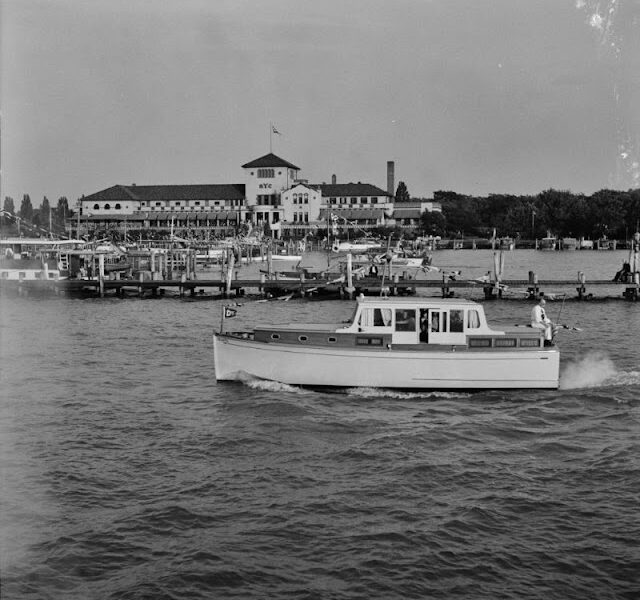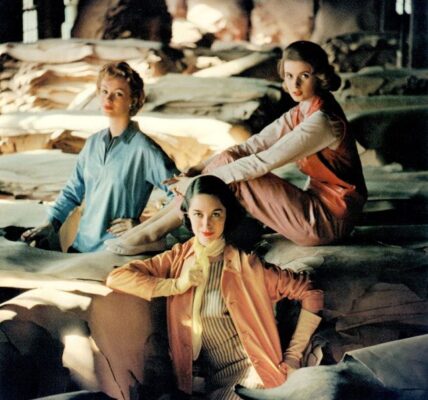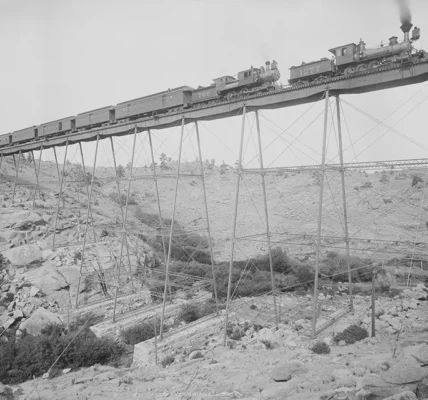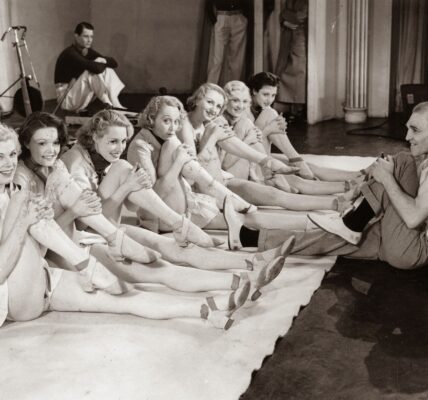Born 1913 in Detroit, American photographer and educator Arthur Sidney Siegel began photographing in the mid-1920s as a youth. He worked as a photojournalist for the New York Times, and took journalism assignments for newspapers, magazines, and government agencies for several decades. During World War II, he photographed for the U.S. Army Air Corps and the Office of War Information.
After the war, Siegel returned to the New Bauhaus (by then the IIT Institute of Design) as an instructor, at the request of Moholy-Nagy. He eventually became head of the school’s photography department. He left in 1955 to work in photojournalism full-time, and returned in 1965; in 1971, he was named president of the IIT Institute of Design. In 1955, he married Irene Yarovich, an artist whom he met at IIT.
Siegel’s photography was included in several major exhibitions at art galleries, including two shows devoted exclusively to Siegel at the Art Institute of Chicago and as part of the “Image of America” exhibit at the Museum of Modern Art. He was noted for his use of experimental color techniques, and from the 1950s often explored abstract use of color as a vehicle for expression. He worked with light in novel ways by “introduc[ing] creative methods of back-lighting and projecting light onto surfaces”. He also wrote extensively on photography and influenced the development of photographic education programs.
Siegel died in 1978 in Chicago, aged 64. These photos are part of his work that Arthur S. Siegel took life of Michigan in the early 1940s.
 |
| A Venetian night party at the Detroit yacht club, whose members represent the wealthier class of manufacturers and their friends, Detroit, Michigan, 1940 |
 |
| A Venetian night party at the Detroit yacht club, whose members represent the wealthier class of manufacturers and their friends. Cabin cruisers and sailboats decorated with lights, 1940 |
 |
| A Venetian night party at the Detroit yacht club, whose members represent the wealthier class of manufacturers and their friends. Crowd dancing, 1940 |
 |
| A Venetian night party at the Detroit yacht club, whose members represent the wealthier class of manufacturers and their friends. Small cabin cruiser, summer 1940 |
 |
| Sailing boat at a Venetian night party at the Detroit yacht club, whose members represent the wealthier class of manufacturers and their friends, 1940 |
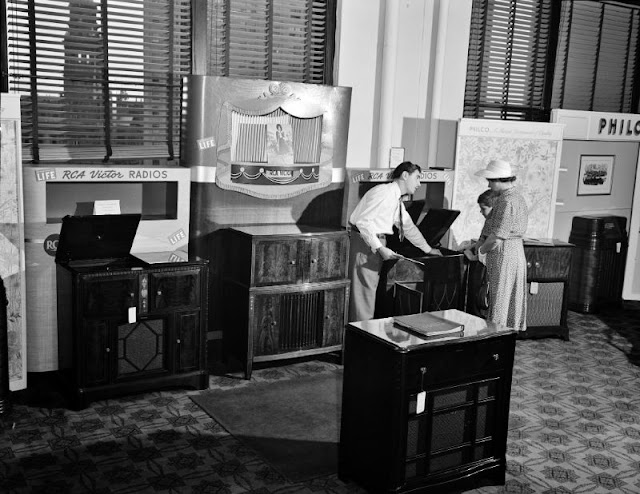 |
| Buying a radio in the Crowley-Milner department store, Detroit, Michigan, July 1941 |
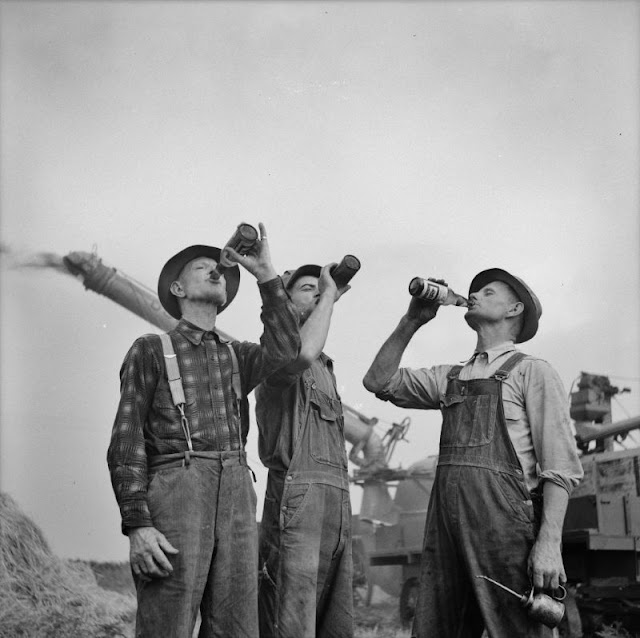 |
| Farmers drinking beer during a hard day’s work, Jackson, Michigan, fall 1941 |
 |
| Operator taking telephone orders at the Crowley-Milner department store, Detroit, Michigan, July 1941 |
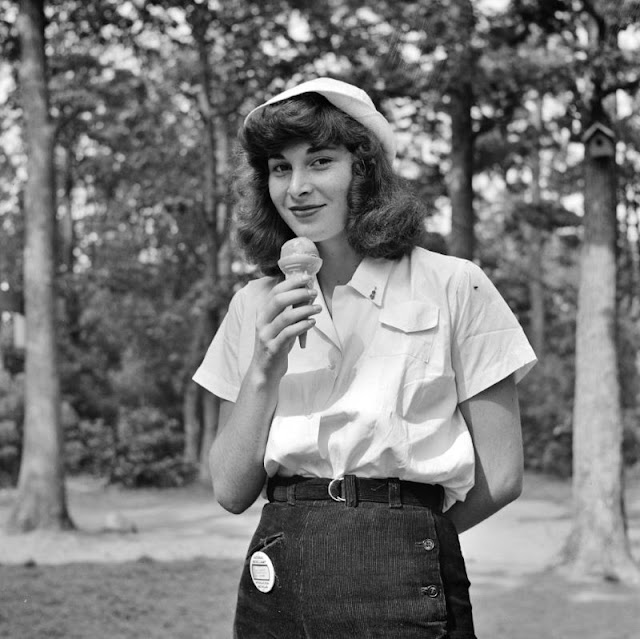 |
| A student eating an ice cream cone at the National music camp in Interlochen, Michigan where 300 or more young musicians study symphonic music for 8 weeks each summer, August 1942 |
 |
| A United States Army Air Corps air ferry command base sixteen miles from Detroit, Michigan at Wayne County Airport. Factory inspector and Captain Roddy inspect a new P-38, September 1942 |
 |
| A Worker resting on a park bench in the zoological park, Detroit, Michigan, July 1942 |
 |
| An African-American family recently moved into the Sojourner Truth homes for War workers, Detroit, Michigan, 1942 |
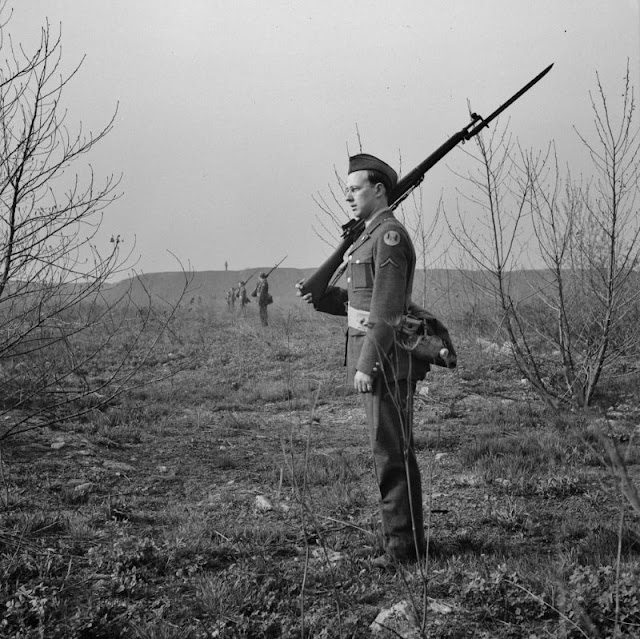 |
| Army sentries guarding against a riot at the Sojourner Truth federal war workers housing project, caused by white neighbors’ attempt to prevent African-American tenants from moving in, February 1942 |
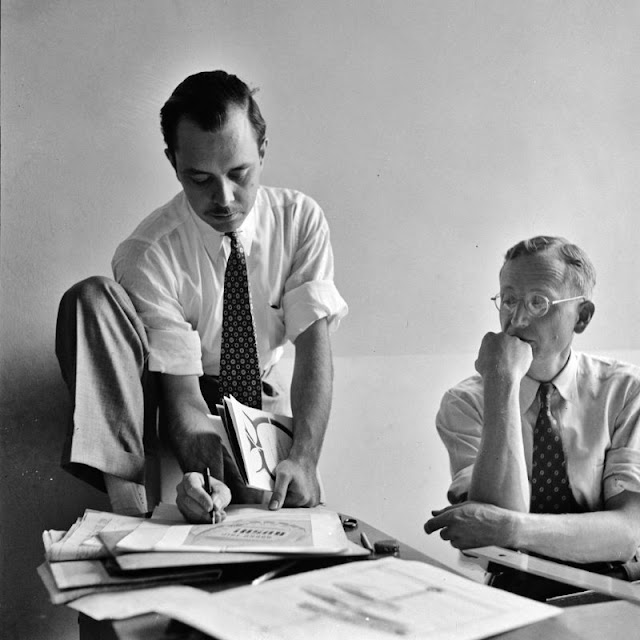 |
| Art director and copy writer at a large advertising agency, Detroit, Michigan, July 1942 |
 |
| Ceremonies at the presentation of the Army and Navy “E” (for efficiency) award to the Briggs manufacturing company. Worker who is a war veteran, near Detroit, Michigan, September 1942 |
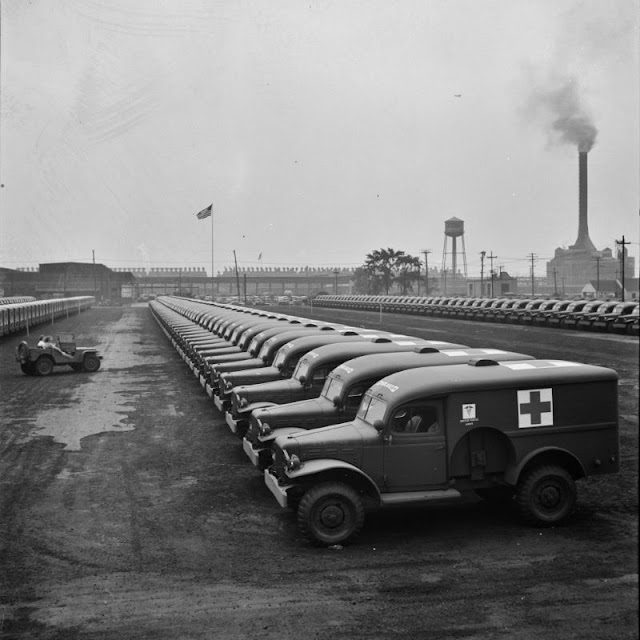 |
| Chrysler Corporation Dodge truck plant. Dodge Army ambulances are here, lined up for delivery to the Army, Detroit, Michigan, August 1942 |
 |
| Chrysler Corporation Dodge truck plant. One of many conferences about production schedules, blueprints, etc. are required to maintain the smooth steady flow of Dodge Army trucks, 1942 |
 |
| Display at a scrap salvage rally sponsored by the Work Projects Administration (WPA) at the state fairgrounds, Detroit, Michigan, 1942 |
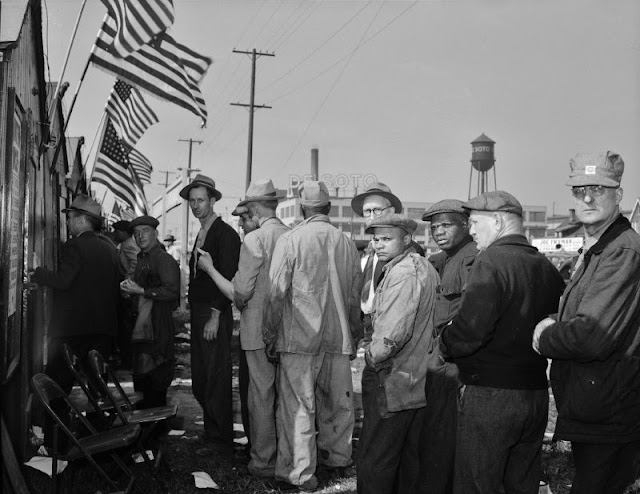 |
| Election of officers to the Ford local 600, United Automobile Workers, Congress of Industrial Organizations. 80,000 River Rouge Ford plant workers voted, April 1942 |
 |
| First Black family moving into the Sojourner Truth neighborhood, Detroit, Michigan, 1942 |
 |
| Girls coming out of the Highland Park Chrysler plant in Detroit, Michigan, 1942 |
 |
| Group waiting to drink water out of a public fountain in the zoological park, Detroit, Michigan, July 1942 |
 |
| High school students strolling through the zoological park, Detroit, Michigan, July 1942 |
 |
| Lobby of the Fisher Building, Detroit Michigan, July 1942 |
 |
| National music camp where 300 or more young musicians study symphonic music for eight weeks each summer. Swimming dock, Interlochen, Michigan, August 1942 |
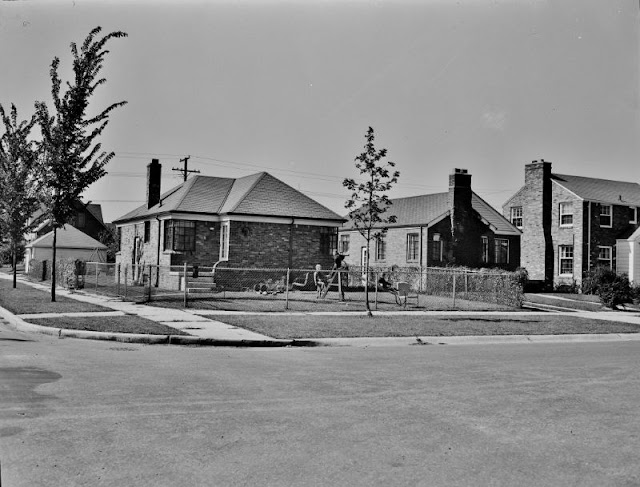 |
| New defense houses in Detroit, Michigan, September 1942 |
 |
| Spectators at zoological park, Detroit, Michigan, July 1942 |
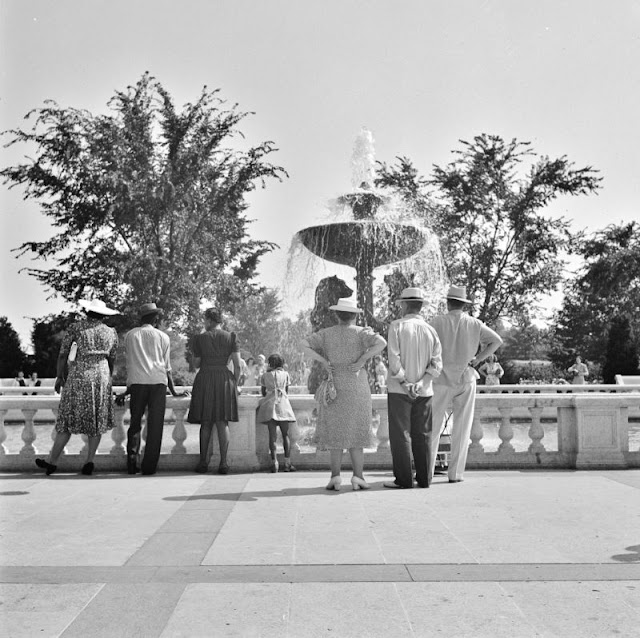 |
| Spectators watching a fountain at a zoo, Detroit, Michigan, July 1942 |
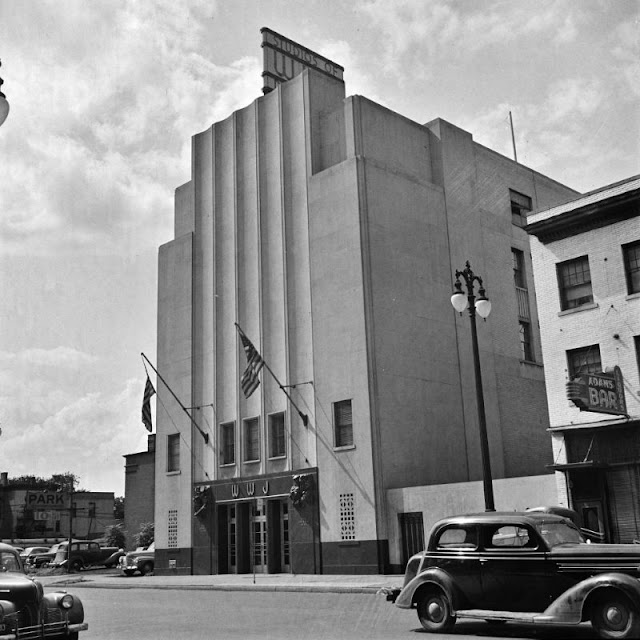 |
| Street view of Radio station WWJ in Detroit, Michigan, August 1942 |
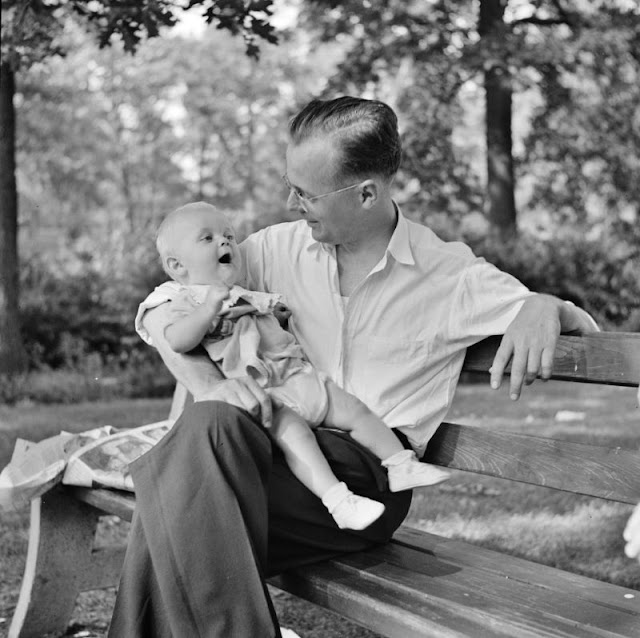 |
| War worker and child, Detroit, Michigan, July 1942 |
 |
| Woman adjusting a harness strap to prevent child from getting lost in zoological park, Detroit, Michigan, July 1942 |
 |
| Workers at the zoological park, Detroit, Michigan, July 1942 |

|
| Workers coming out of the Highland Park Chrysler plant, Detroit, Michigan, spring 1942 |

|
| Workers inspecting a plane at the Wayne County Airport, a United States Army Air Corps air ferry command base sixteen miles from Detroit, Michigan, September 1942 |
 |
| Workers’ children playing in the front yard, Detroit (vicinity), Michigan, September 1942 |



































